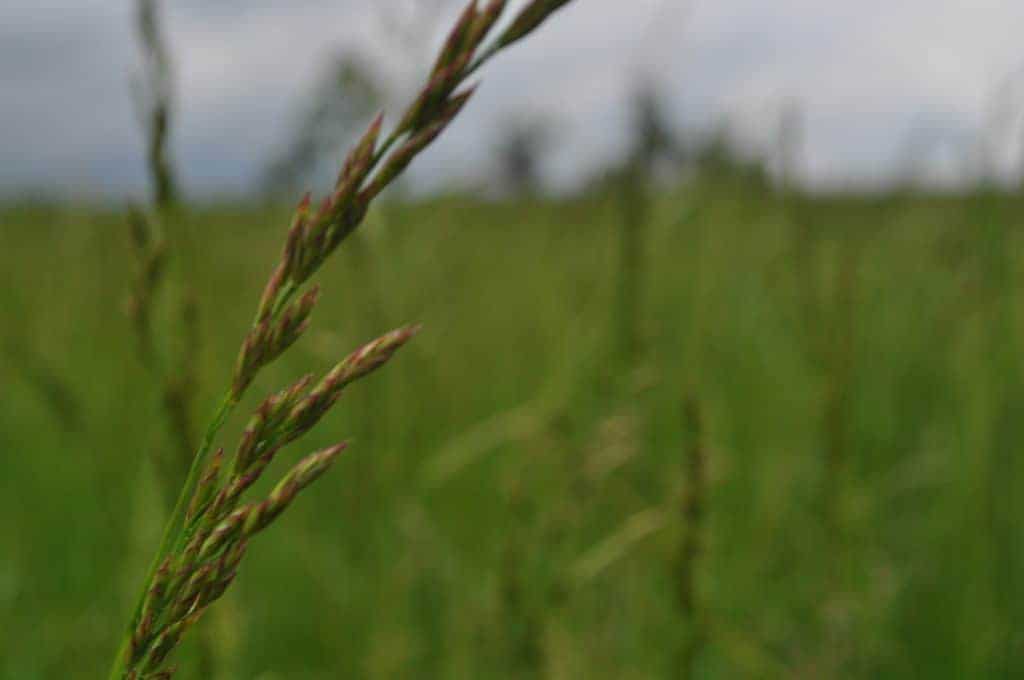Hay Feeders Reduce Waste
Horse owners can nearly halve their hay wastage by selecting the right round bale feeder for their pasture.
Proper feeding practices for foals, adult horses, and older horses
Horse owners can nearly halve their hay wastage by selecting the right round bale feeder for their pasture.
Proteins, composed of essential and nonessential amino acids, are important nutrients for horses.
Spanish translation of an article on controlling access to spring pasture grasses to prevent laminitis.
Spanish translation of an article reviewing equine grass sickness (enfermedad equina de los pastos).
As some recession-weary horse owners struggle to feed their animals, hay banks in some states are helping those most in need.
Hay banks provide owners with enough hay to keep their horses healthy during times of crisis, often up to o
Phytonutrients are a class of compounds showing value in controlling inflammation and its negative effects.

Botulism is largely avoidable, but immediate veterinary treatment could help save an affected horse’s life.
Proper pasture management prevents erosion and nutrient loss from the soil, which also helps improve stream and water quality. In addition, pastures can provide an excellent “free-choice” exercise plan for horses. But the most important role pasture
Farmers across the Midwest struggled last year to harvest their crops in what turned out to be an unseasonably wet autumn. These conditions led to reports of widespread mold in this year’s corn crop. Moldy corn is a hazard for all species o
Lysine is one of the 20 amino acids essential to horses, but often is the most deficient in their diets due to its inadequate levels in commonly-fed cereal grains. Amino acids are the building blocks of protein, which form muscle, enzymes, and

Broodmare farm operators in the southeastern United States are interested in managing tall fescue toxicity because of the pregnancy complications it can cause.
SmartPak has introduced a new “Guide to Supplements and Horse Care,” a publication that provides horse owners with a new way to learn about their horse’s health and supplements.
Interested barns, pony clubs, 4-H clubs,
The comment period for a draft environmental impact statement evaluating the potential environmental effects of deregulating alfalfa genetically engineered to be resistant to the herbicide glyphosate, known commercially as Roundup, has been ext

Quality forage and grain alternatives can help owners manage horses better during drought and economic downturn.
Wet conditions in Kentucky this spring and summer have created an abundance of hay in the state for the upcoming winter feeding season.

If the horse’s gastrointestinal (GI) tract were a highway, no self-respecting engineer would take credit for its design. Take a trip along the highway of the equine GI tract to learn more about how your horse digests his food.
Stay on top of the most recent Horse Health news with
"*" indicates required fields